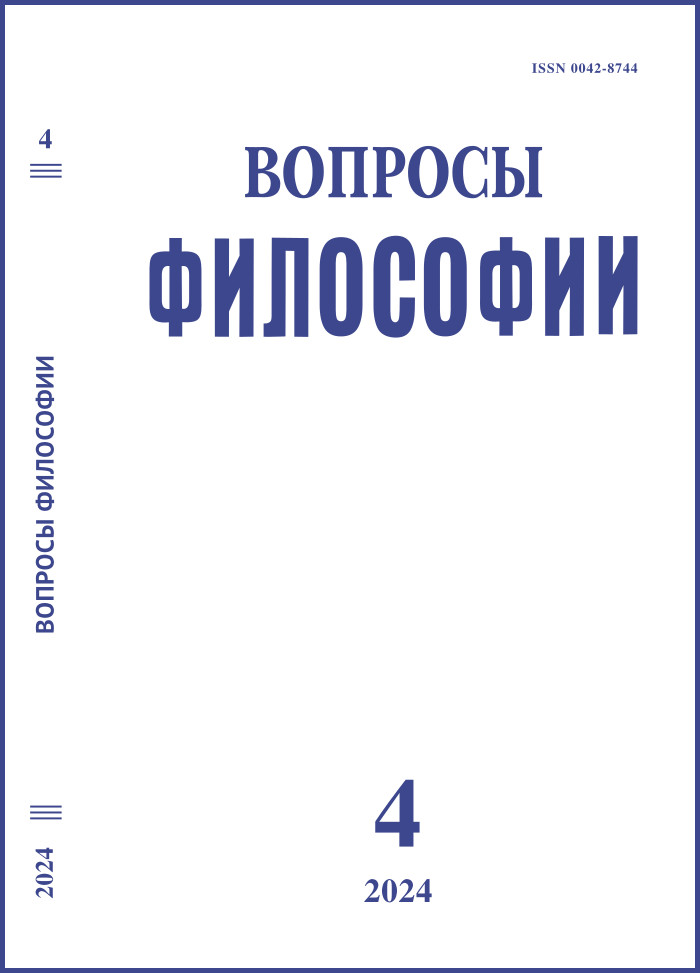Oedipus as Myself and as Other: Sophocles’ Tragedy Oedipus Rex in La Violence et le Sacré by René Girard. Part II
DOI:
https://doi.org/10.21146/0042-8744-2024-4-168-180Keywords:
violence, sacrificial cycle, abstract war, mimesis, heroic myth, monster, rival doubles, other, cognition, agon, scapegoat, difference.Abstract
The article examines the theory of violence of the philosopher Rene Girard and the role that Girard’s interpretation of Sophocles’ tragedy Oedipus Rex plays in it. Since the story of Oedipus has repeatedly been the subject of consideration, in particular, by psychoanalysis and structuralism, and since Girard’s own interpretation continues and at the same time polemicizes with these interpretations, the article examines the story of Oedipus taking into account the broad context of its modern philosophical, literary, and historical explanations. At the same time, the story of Oedipus itself is analyzed as a sequential layering of levels called in the article “mythological”, “family” and “political”. The article argues that almost all interpretations of the story of Oedipus consider one of these levels as the main one, and, therefore, can also be divided into three types. The interpretation of the story of Oedipus in Girard's theory, in accordance with this typology, belongs to those that consider primarily its political aspect, which makes it close to modern problems, but at the same time vulnerable to criticism, since, in accordance with the logic of this interpretation, Oedipus is deprived of the qualities of a character, turning into a toy of impersonal processes, which significantly distorts the meaning of Sophocles’ tragedy in its “classical reading”.

